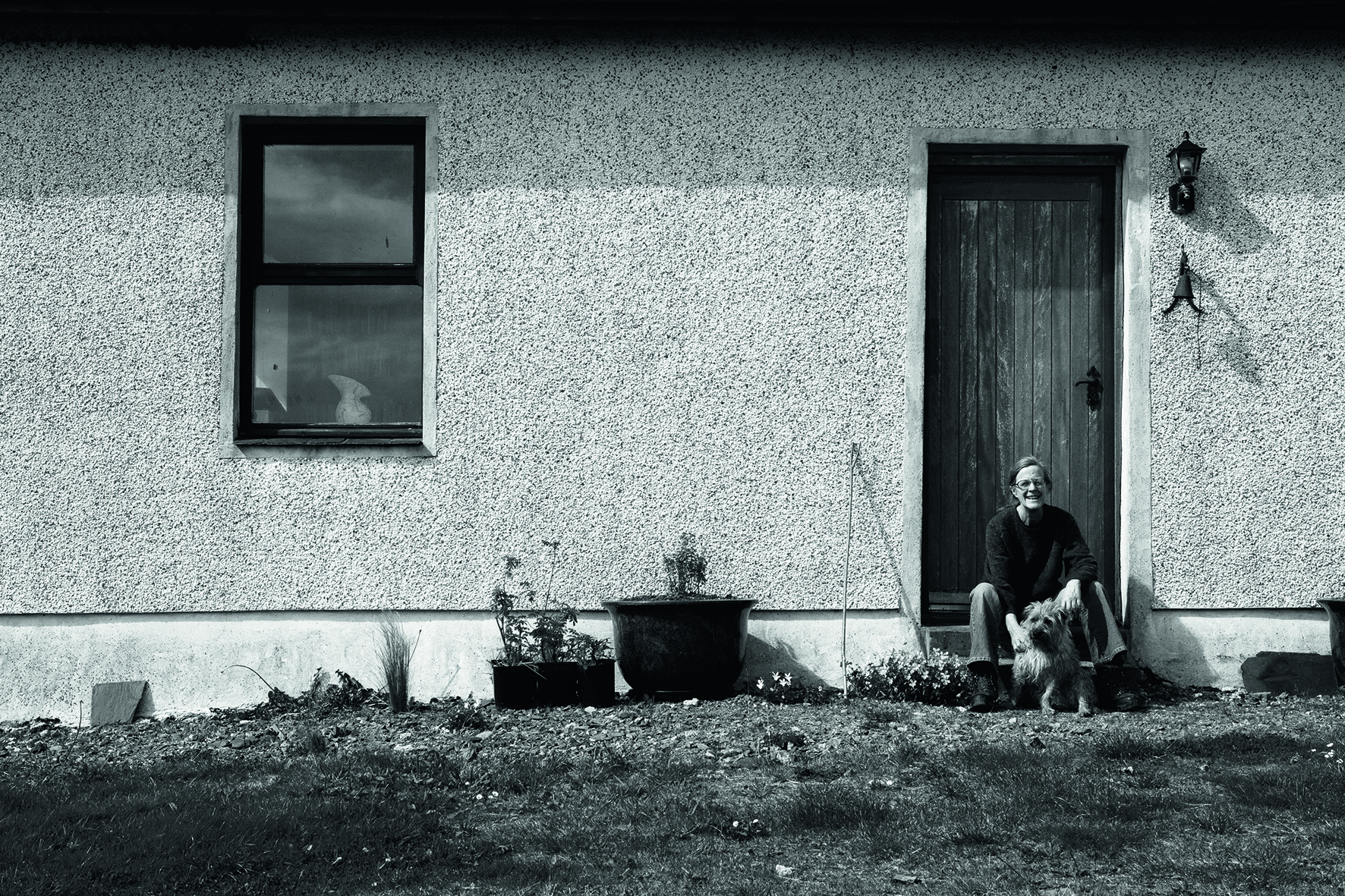Since I wrote my last column, I have moved house. After 15 extremely happy years, I came to the conclusion that remaining there on my own might well put an excessive burden on my family, friends, neighbours and, indeed, eventually myself. What would happen if I was not able to drive any more? Then I discovered just how much my isolated little cottage was worth.
Rural homes have increased in value during the pandemic in ways that no one could have imagined three years ago. You don’t have to be a genius to see that mine would make an almost perfect holiday home. But holiday or second homes are genuinely bad for rural communities. During the lifetime of many people in my valley, they have lost two primary schools, the church, the train station (and the curling pond!). There is now only one tiny shop, which exists mainly because it houses our ‘protected’ Post Office. We would have lost the pub, were our wind farm ‘community compensation’ money not paying to maintain it.
In many rural areas like ours, the tradition is that when you stop farming and retire, you move into a cottage in the village so that whoever is taking over your tenancy, usually one of your children, can have the farm house. (Scottish farm tenancies are inheritable in a way that is not the case in England). But if holiday-home buyers push up the price of houses, you can’t afford to buy that cottage in or near the village and may have to move off the hill, which has been your lifelong home, and into a more urban setting miles away.
Second-homers, meanwhile, tend not to put in as much as they take out: they push up house prices but do not usually spend much money locally, and there is little more depressing for a thinly populated countryside than empty houses, showing no chimney smoke by day nor lights as you come round the corner by night.
Settling in
I was lucky. For one thing, I knew how to find out discreetly who in the community makes ‘first calls’. In some areas, it is rude to call on your new neighbours before they have called on you, and in others, the precise reverse prevails. Getting that right is an excellent start. Ask someone in the shop or pub, if you don’t know.
Secondly, I was an incomer but I was restoring a long-derelict cottage, not out-bidding a local on a cottage they had long had their eye on. Thirdly, this was my first (and only) home. And fourthly, although I came originally from 50 miles away, one of my brothers is a local farmer and one of my sisters-in-law is a local councillor – people knew who I was.
The village community has been very good to me for considerably more than a decade – it made me welcome and kept me safe, especially through the pandemic. It seemed to me that I should at least explore the possibilities of a local sale. The obvious solution was to ask around. If someone local wanted the cottage and would buy it directly, what possible harm would there be in deducting the agents’ fees from the sale price? It would make me no poorer and make it possible for the community to maintain an ancient site. And it would make me happy. A genuine win-win. I’ll let you know.

